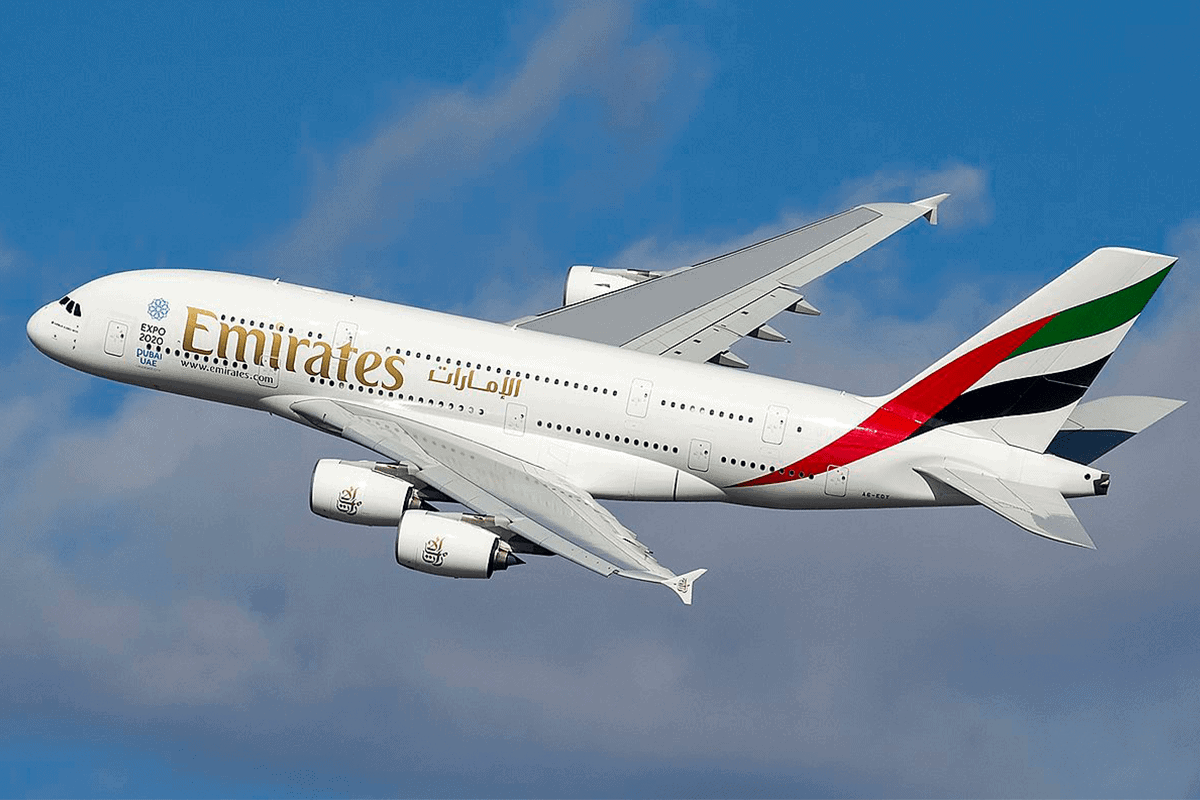-
Group’s dnata ground services at airports reported a loss of US$ 496, down from US$ 168 million profit in the previous year
-
Overall losses amounted to US$ 6.0 billion and Group revenue of US$ 9.7 billion impacted
The Emirates Group on Tuesday announced its first year of loss in more than 30 years, with Emirates, Middle East’s largest airline, reporting a net loss of AED 20.3 billion (US$ 5.5 billion) over the past year due to travel restrictions sparked by the Covid-19 pandemic.
A statement issued by the Group said Emirates revenue declined by 66% to AED 30.9 billion (US$ 8.4 billion) due to the temporary suspension of passenger flights at its hub in March 2020 and ongoing global travel restrictions.
Airline capacity reduced to 24.8 billion ATKMs, with aircraft fleet size reduced by 11 aircraft, the airline said.
The Group’s dnata ground services at airports reported a loss of US$ 496, down from US$ 168 million profit in the previous year. Its revenue declined by 62% to US$ 1.5 billion.
However, dnata expanded global footprint with the full acquisition of Destination Asia, and the opening of new catering and retail facilities, the Group said.
The overall losses amounted to US$ 6.0 billion. It said the Group revenue of US$ 9.7 billion was impacted by worldwide travel restrictions and border closures during the entire financial year.
The Group’s cash balance was US$ 5.4 billion, down 23% from last year mainly due to weak demand caused by the various pandemic-related business and travel restrictions across all of the Group’s core business divisions and markets, it added.
“Our top priorities throughout the year were the health and wellbeing of our people and customers, preserving cash and controlling costs, and restoring our operations safely and sustainably,” said Sheikh Ahmed bin Saeed Al Maktoum, Chairman and Chief Executive, Emirates Airline and Group.
HE said Emirates received a capital injection of US$ 3.1 billion from the Government of Dubai, its ultimate shareholder, and dnata tapped on various support programs and availed a total relief of nearly AED 800 million in 2020-21.
“These helped us sustain operations and retain the vast majority of our talent pool. Unfortunately, we still had to make the difficult decision to resize our workforce in line with reduced operational requirements,” he said.








